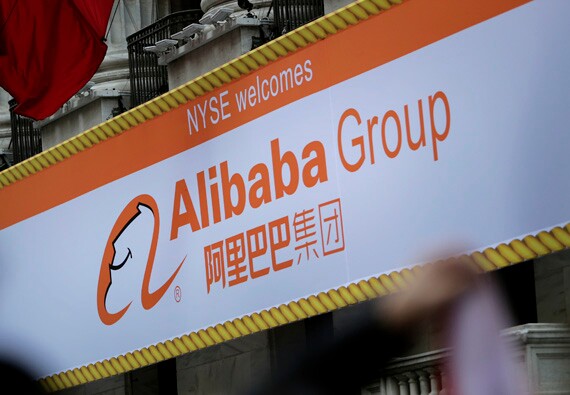

EMV Migration Would Be Mixed at Deadline

Apple Watch Would Fuel Apple Pay

Starbucks Would Heat Up Its Mobile Payment Tech

Amazon Wallet Would Launch

CurrentC Would Launch

PayPal Would Spin Off, On Schedule

Apple Pay Would Expand Globablly

Alibaba and Apple Would Team Up

Interactive Cards Must Prove It or Pivot

Passwords Start to Fade

Bitcoin Would Fuel Faster Payments

BitLicense Influences Bank Regulation

Swipe Fee Battle Won't Be Settled

Payment Data Finds New Uses






